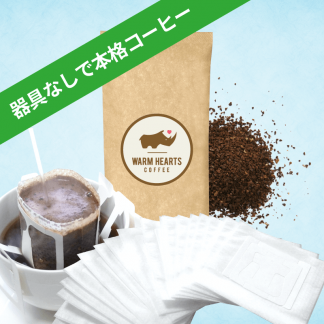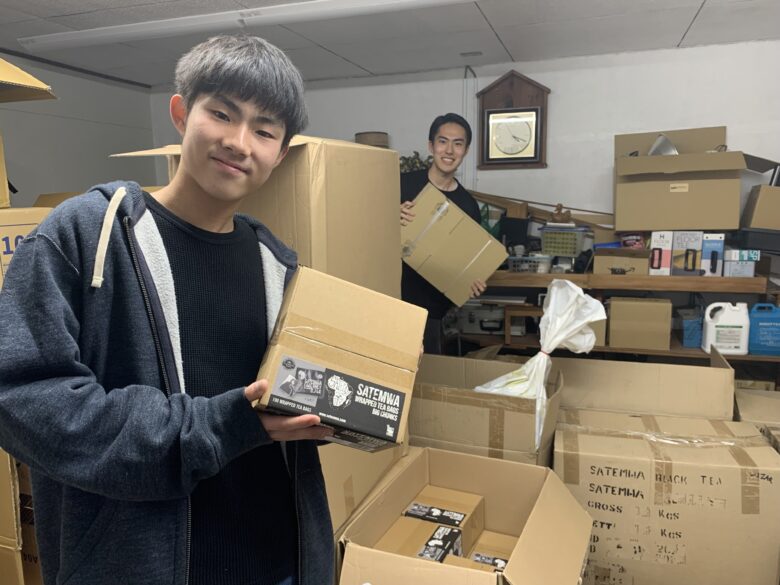
On March 11, 2024, Malawi tea arrived for the first time at the office of Seibo, a non-profit organization that operates the Warm Hearts Coffee Club. Since we have been offering Malawi coffee in partnership with Ataka Trading Co., Ltd. since 2018, our customers expressed interest in the taste of the tea and wanted to support us, especially from people who couldn’t drink coffee.
Additionally, many students in students from schools were unable to consume coffee. Although they were interested in supporting our cause, it was challenging for them to engage with actual products.
Thanks to everyone’s support, we were delighted to acquire the tea. As a non-profit organization, we believe this may be the first instance in Japan of purchasing about 2 tons of tea from Malawi for non-business purposes.
In this post, we will provide an overview of the background, characteristics of the tea plantations, and the products.
Malawi; Africa’s first Tea Birthplace
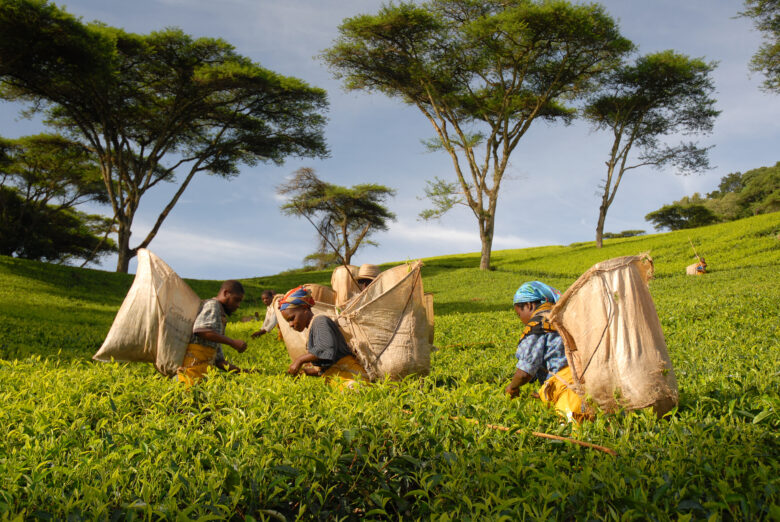
Africa’s first commercial tea was planted in Malawi in the late 19th century. Malawi has a rich tradition of tea making and craftsmanship.
In India and other countries, tea is often cultivated as a secondary crop to mitigate business risks and preserve soil nutrients during off-season for coffee. However, in Malawi, high-quality tea has been harvested and cultivated for a long time. Even for home use, tea is commonly made by boiling leaves in a pot and consumed frequently.
History and Characteristics of the Satemwa Farm
Satemwa is located in the stunning wilderness of the Shire Highlands in southern Malawi. The tea is grown and produced at altitudes of 1,000 to 1,200 meters above sea level. It is the oldest family-run tea garden in Malawi and has a rich history and they specialize in handcrafted teas primarily for high-end markets.
The harvest season for Malawi’s special tea runs from April to about November. However, tea produced shortly after the rainy season in December is particularly flavorful. In December, the delicious green tea leaves are harvested, and low-oxidation tea is produced in January. The peak season for wholesale tea, which is used by international brands, occurs from December to April, coinciding with the rainy season.
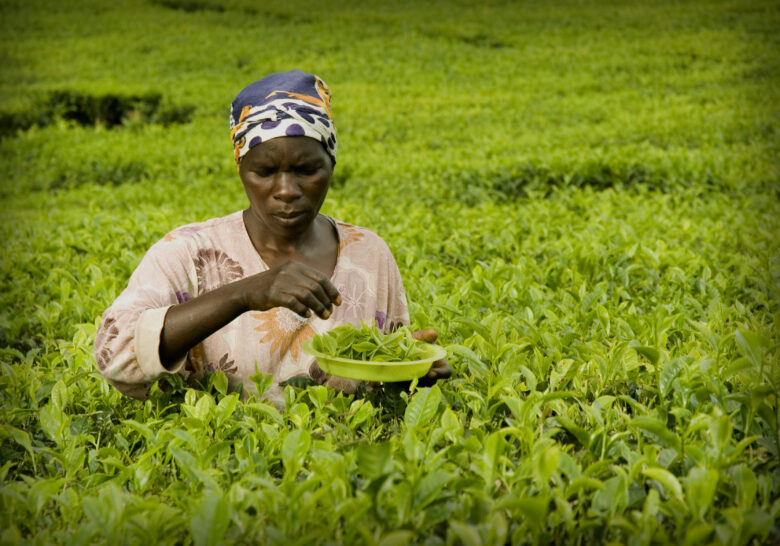
Characteristics of our special tea
The tea leaves at Satemwa are hand-picked by trained employees. To prevent damage, the leaves are carried in plastic baskets. Upon arrival at the factory, the tea is measured and undergoes an initial quality check.
Next, the leaves go through the withering process, where they are allowed to wilt. After withering, the tea is transferred to the roller, where acidification occurs. Following this, the tea is oxidized, dried, separated, packaged, and shipped to customers.
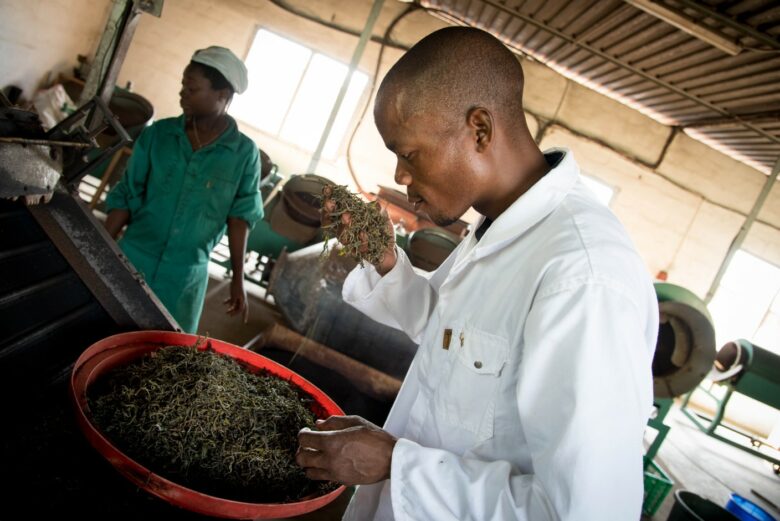
Anette Kay – Satemwa (Malawi)
Social Contribution of Satemwa Tea
Certified by Fairtrade and Rainforest Alliance, our initiatives have also contributed to the development of the community. As a result, they are making strides in education, environmental protection, and health within the production areas.
By promoting farming opportunities and gender equality, they are improving the social standing of Malawians as a whole. Furthermore, they are committed to sustainable management through investments in schools, healthcare institutions, and local businesses.
In partnership with”RARE Charity”, they are also contributing to the future of Malawi and other African countries by expanding our support to help children access higher education.
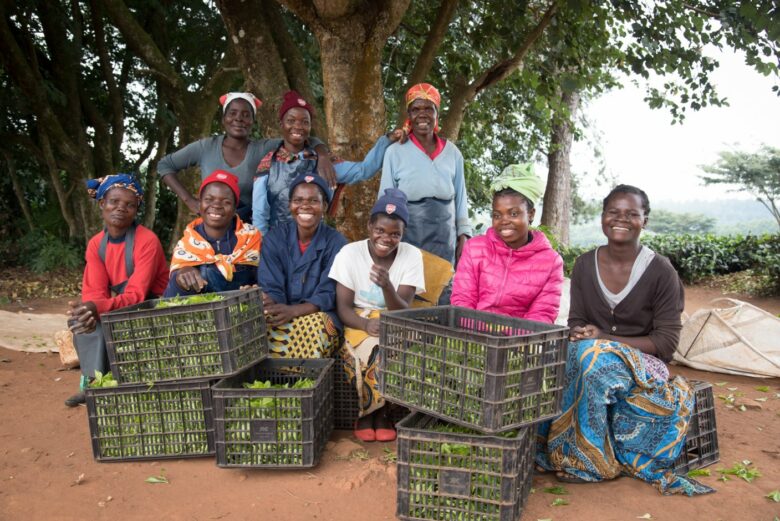
What makes our Earl Gray special
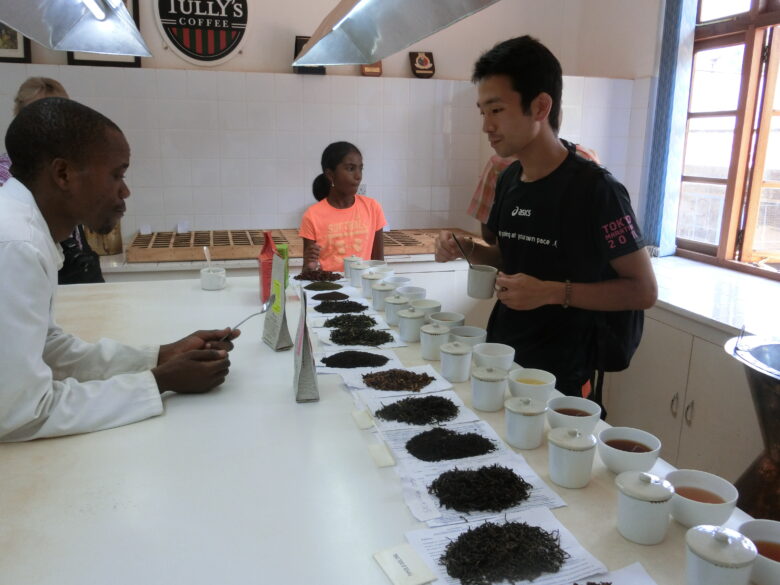
In January 2018, Makoto Yamada, director of Seibo, a non-profit organization that supports school lunches in Malawi, visited the Satemwa farm for the first time. He was searching for a product in Japan that would spark interest in Malawi and support school meals for the future of its children. During this visit, he discovered Earl Grey tea.
Even before opening the package, the impressive aroma of citrus filled the air. Once opened, he was captivated by the richness of the tea leaves cultivated in Malawi’s natural environment and the flavor of the Italian bergamot oil. The distinctive taste of both hot and iced tea, with hints of orange, along with the beautiful impression of the farm that inspired its flavor, has become quite popular in Japan.
As a result, the importation efforts of Seibo have deepened the social impact of tea from Satemwa, evolving it into a sustainable business.
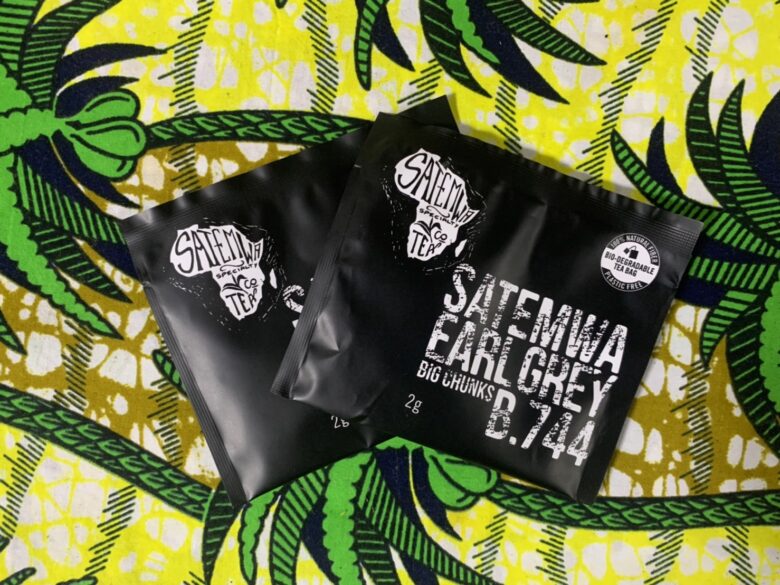
About our Straight Black Tea
We also sells straight tea alongside Earl Grey. Earl Grey is often referred to as black tea because the picked tea leaves are dried after a sanitary inspection, resulting in black tea leaves being shipped.
You can enjoy it straight or add milk and sugar to create a milder flavor. We offer Earl Grey not only for its stable taste but also to provide a true experience of the flavors of Malawi.

Providing School Meals to Malawian Children by Drinking Malawian Tea
Seibo, has been providing school meal support to kindergartens and elementary schools in Malawi since 2015. In 2018, it launched the Warm Hearts Coffee Club brand, selling coffee and tea in collaboration with supporting companies, with proceeds remitted to Malawi.
Seibo aims to provide school meals to ensure basic nutrition and motivate school attendance among young children before they enter the workforce. By drinking this tea, you can help change the future of the world.

About Us
Seibo Japan is a non-profit organization based in Japan, providing school meals to children in Malawi to fight against hunger and aiming to improve attendance in schools. Currently providing approximately 18,000 meals per day to children in Mzimba (north part of Malawi) and Blantyre (south). In Japan, operating a donation-type coffee/tea brand, Warm Hearts Coffee to spread the taste and stories of Malawi. Moreover, by collaborating with young generation in Japan, Seibo is attempting to cultivate the potential of youth not only in Malawi but in Japan as well.
Please contact the email below for any inquires.
Contacts: info@seibojapan.or.jp


